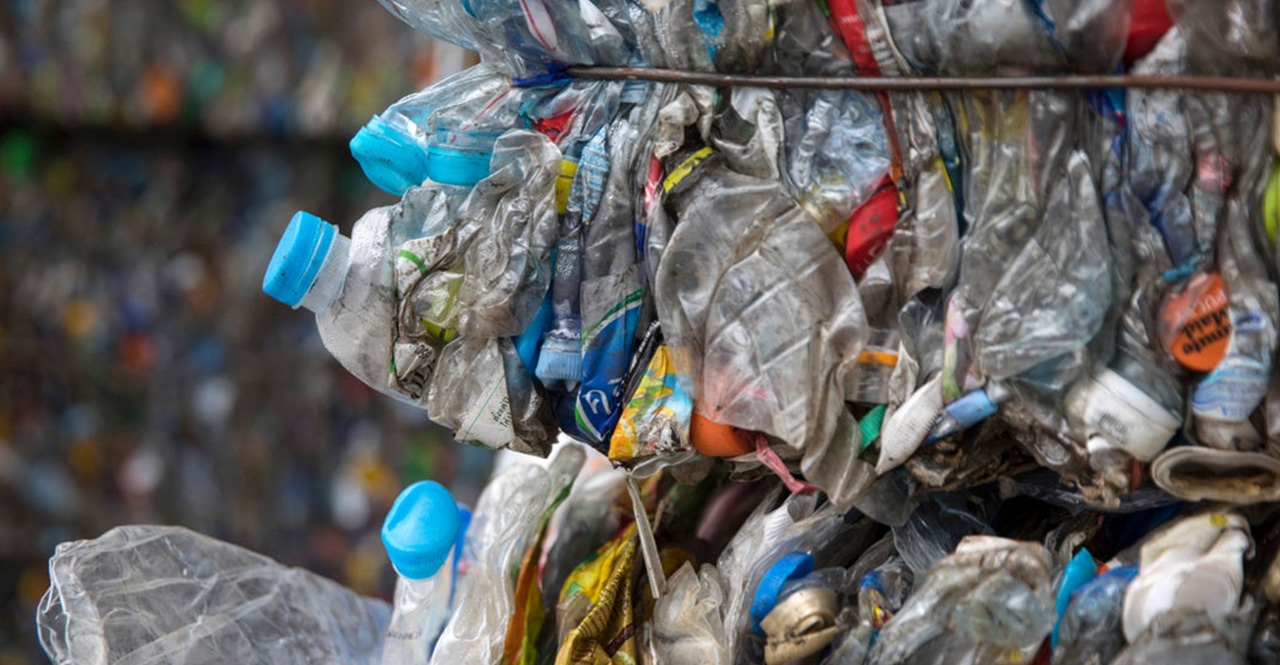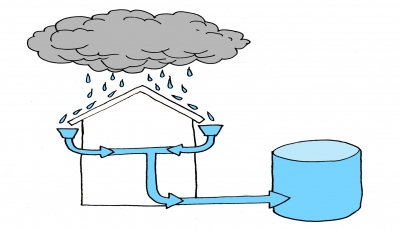Maximizing Industrial Waste Water Treatment Efficiency with Reclaim Waste Melbourne
Maximizing Industrial Waste Water Treatment Efficiency with Reclaim Waste Melbourne
Blog Article
Enhancing Environmental Sustainability Through Strategic Fluid Waste Elimination Solutions
In the realm of environmental sustainability, the reliable monitoring of liquid waste stands as an important focal factor in maintaining our communities and securing public wellness. Allow us get started on a journey to uncover the transformative capacity of calculated fluid waste monitoring techniques in boosting ecological sustainability.
Significance of Liquid Waste Administration

Among the essential reasons that fluid waste management is necessary is its straight effect on public health and wellness. Unattended or improperly treated liquid waste can consist of unsafe virus and chemicals that position severe wellness risks to communities. Contaminated water sources can lead to waterborne illness, influencing both human wellness and ecosystems. Proper management of liquid waste helps avoid these carcinogen and makes sure the health of the populace.

Challenges in Liquid Garbage Disposal
Offered the essential relevance of correct fluid waste administration in securing public health and wellness and environmental wellness, it is vital to deal with the various challenges associated with fluid waste disposal techniques. One considerable difficulty is the lack of ample framework for the collection, therapy, and disposal of liquid waste.
Another obstacle is the existence of dangerous substances in fluid waste, including chemicals, heavy steels, and microorganisms. Proper recognition and therapy of these dangerous components call for specific knowledge and tools, which may not always be conveniently available. In addition, the expense of executing safe disposal methods can be excessive for some industries and communities, causing more and non-compliance environmental damages.
Sustainable Fluid Waste Solutions
In the middle of journalism requirement for reliable liquid waste monitoring strategies, the necessary of sustainable remedies emerges as an extremely important issue for ecological preservation and public wellness. Sustainable liquid waste remedies include a series of innovative modern technologies and practices targeted at lowering the environmental effect of garbage disposal. One essential technique is the implementation of sophisticated therapy procedures that promote the risk-free and reliable elimination of impurities from liquid waste streams. Furthermore, the fostering of round economy principles, such as waste-to-energy efforts and source recovery programs, can help lessen waste generation and make the most of the use of beneficial resources.
Moreover, sustainable fluid waste options focus on the conservation of water resources through the implementation of water recycling and reuse strategies. By repurposing and dealing with wastewater for non-potable applications like watering or commercial processes, these services contribute to water preservation initiatives and reduce the pressure on freshwater resources. Generally, the combination of sustainable fluid waste remedies not just supports environmental sustainability yet likewise promotes a healthier and extra resistant society for future generations.
Benefits of Strategic Elimination Practices
Tactically implemented removal techniques play an essential function in maximizing liquid waste administration systems for ecological sustainability and public health protection. By embracing critical removal practices, companies can dramatically reduce the environmental effect of fluid waste disposal.
Furthermore, these practices promote resource healing by making it possible for the extraction of valuable materials from liquid waste streams. This not just minimizes the dependence on virgin sources but also supports the circular economic climate concepts of reuse and recycling. In addition, tactical removal practices can enhance read this operational efficiency and cost-effectiveness by improving waste administration processes and enhancing resource allowance. Generally, the advantages wikipedia reference of calculated elimination methods prolong beyond environmental sustainability to include economic advantages and improved public health end results.
Carrying Out Efficient Environmental Approaches
Efficient execution of environmental techniques is paramount in attaining sustainable liquid waste monitoring methods. To start with, firms need to conduct comprehensive ecological assessments to recognize prospective risks and influences connected with their fluid garbage disposal processes. By recognizing the ecological implications of their procedures, organizations can develop targeted approaches to lessen harm to ecosystems and public health and wellness.
Additionally, implementing effective ecological strategies includes setting clear objectives and purposes for liquid waste monitoring - Reclaim Waste. These goals need to specify, quantifiable, achievable, pertinent, and time-bound (CLEVER) to make sure accountability and track development in the direction of sustainability targets. Companies can likewise leverage modern technology and development to enhance fluid waste treatment procedures, decrease resource usage, and boost overall performance
Collaboration with regulatory companies, stakeholders, and environmental professionals is another vital facet of effective strategy implementation. By involving with outside companions, organizations can get beneficial insights, access resources, and make sure conformity with ecological regulations and regulations. Overall, a critical and proactive technique to ecological monitoring is essential for reducing environmental risks and promoting long-term sustainability in liquid waste removal practices.
Conclusion
To conclude, strategic liquid waste elimination services use this link play an essential role in enhancing environmental sustainability. By dealing with the challenges in liquid garbage disposal and applying lasting methods, we can decrease the negative impact on the environment - Reclaim Waste liquid waste removal. It is necessary to focus on effective ecological methods to guarantee the long-term wellness and health of our world
By executing effective waste monitoring methods, such as proper collection, therapy, and disposal techniques, the risks linked with fluid waste can be significantly lowered.
Provided the vital importance of correct liquid waste monitoring in securing public health and ecological wellness, it is essential to resolve the many challenges connected with liquid waste disposal practices. Lasting liquid waste remedies encompass an array of innovative modern technologies and practices intended at decreasing the ecological impact of waste disposal.Tactically implemented removal techniques play an important function in maximizing liquid waste administration systems for ecological sustainability and public health security. Overall, a positive and critical strategy to environmental administration is crucial for reducing ecological dangers and advertising long-term sustainability in liquid waste elimination techniques.
Report this page